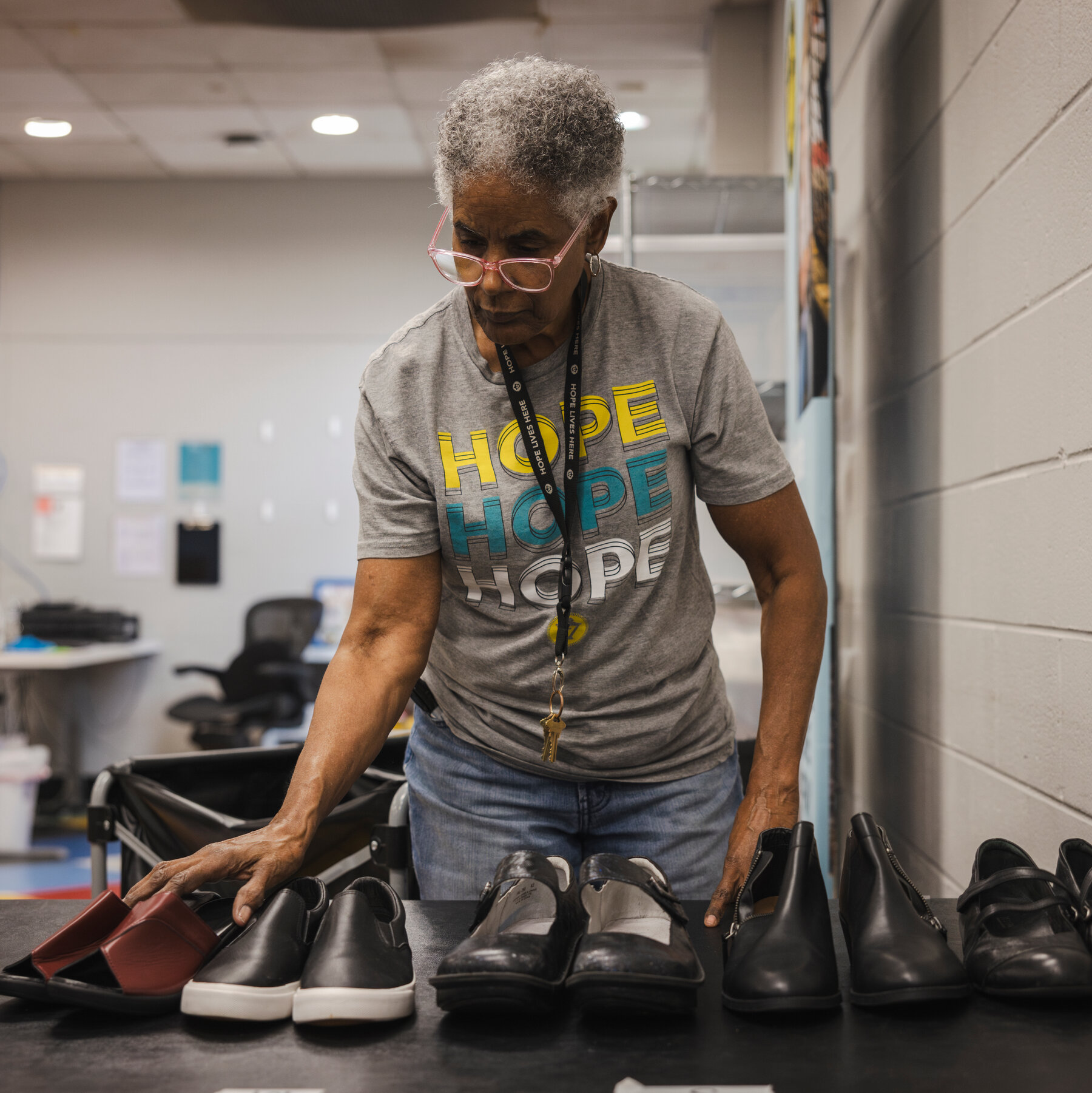Mohamed Al Fayed, Harrods, UK news, Business, Law Business | The Guardian
Though Fayed cannot be brought to justice, there is power in those who suffered being able to express themselves and condemn him publiclyWhen I heard about the death of the 94-year-old billionaire businessman and former Harrods boss Mohamed Al Fayed last year, my response wasn’t exactly charitable. Good riddance, I thought, to my one-time employer who had presided over a workplace rife with misogyny and abuse. I was 18 and had just finished my A-levels when I worked at the store in the 1990s. Having grown up in the sticks in Devon, I was desperate to move to London and knew the store employed school leavers on seasonal contracts in the run-up to Christmas. Five days after arriving in the capital, I got a job as a waitress and catering assistant working across Harrods’ many restaurants, plus a room in a house in Putney. I was delighted. My plan had come together.What I didn’t know was that Harrods was a nightmare for scores of its female employees. In a new BBC investigation, Al Fayed: Predator at Harrods, more than 20 women allege they were sexually assaulted by their former boss, with five saying he raped them and that the company covered it up. On Radio 4’s Today programme on Thursday, one of those women, Gemma, gave a devastating account of her time working as one of Fayed’s personal assistants for two years in the late 2000s. The sexual harassment happened from day one, she said, with Fayed making lewd comments and grabbing her breasts and crotch in front of co-workers. Later, while on a business trip to Paris, she says, he raped her. (Fayed sold Harrods in 2010. The current owners have said they are “appalled” by the allegations and apologised to the victims).Fiona Sturges is an arts writer for the Guardian and other newspapers Continue reading…
Though Fayed cannot be brought to justice, there is power in those who suffered being able to express themselves and condemn him publicly
When I heard about the death of the 94-year-old billionaire businessman and former Harrods boss Mohamed Al Fayed last year, my response wasn’t exactly charitable. Good riddance, I thought, to my one-time employer who had presided over a workplace rife with misogyny and abuse. I was 18 and had just finished my A-levels when I worked at the store in the 1990s. Having grown up in the sticks in Devon, I was desperate to move to London and knew the store employed school leavers on seasonal contracts in the run-up to Christmas. Five days after arriving in the capital, I got a job as a waitress and catering assistant working across Harrods’ many restaurants, plus a room in a house in Putney. I was delighted. My plan had come together.
What I didn’t know was that Harrods was a nightmare for scores of its female employees. In a new BBC investigation, Al Fayed: Predator at Harrods, more than 20 women allege they were sexually assaulted by their former boss, with five saying he raped them and that the company covered it up. On Radio 4’s Today programme on Thursday, one of those women, Gemma, gave a devastating account of her time working as one of Fayed’s personal assistants for two years in the late 2000s. The sexual harassment happened from day one, she said, with Fayed making lewd comments and grabbing her breasts and crotch in front of co-workers. Later, while on a business trip to Paris, she says, he raped her. (Fayed sold Harrods in 2010. The current owners have said they are “appalled” by the allegations and apologised to the victims).
Fiona Sturges is an arts writer for the Guardian and other newspapers








